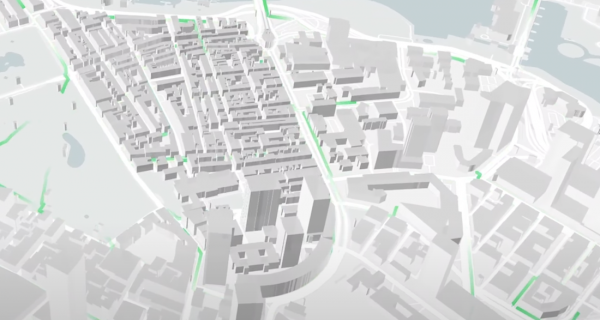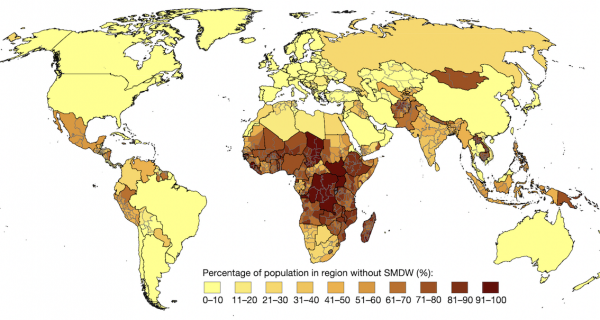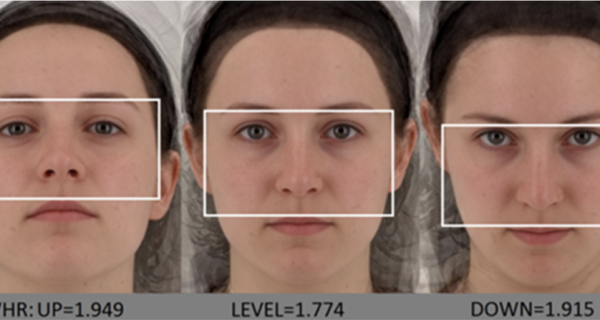What is ed d?
EdD stands for Doctor of Education, which is a doctoral degree that is typically focused on the practice of education and leadership in educational organizations.

EdD programs are designed to prepare graduates for careers in education administration, policy making, and educational research. Unlike the more research-focused PhD in Education, the EdD is generally more practice-oriented and emphasizes the application of theory to real-world educational problems. EdD programs often require students to complete coursework, a research project, and a dissertation or capstone project.
What is the difference between EdD and a PhD in Education?
The main difference between an EdD and a PhD in Education is the focus and purpose of the degree.
An EdD is typically designed for individuals who are interested in pursuing a career in education leadership, administration, or policy-making. EdD programs focus on the practical application of educational theory and research to real-world problems in education. Students in EdD programs typically take courses that cover topics such as educational leadership, policy, curriculum development, and research methods. The goal of an EdD program is to prepare graduates to become effective leaders in education and to apply their knowledge and skills to improve educational practices.
On the other hand, a PhD in Education is a more research-focused degree that is typically designed for individuals who are interested in pursuing a career in academia or educational research. PhD programs in education emphasize the development of advanced research skills and the creation of new knowledge in the field of education. Students in PhD programs typically take courses in research methods, statistics, educational theory, and other related fields. The goal of a PhD program is to prepare graduates to conduct original research and make significant contributions to the field of education.
Both EdD and PhD programs in Education can lead to successful careers in education, but the focus of the degree and the career outcomes can differ based on the individual’s interests and goals.
When should I decide to pursue an EdD instead of a PhD in Education?
The decision to pursue an EdD or a PhD in Education depends on your career goals and interests. Here are some factors to consider when deciding between the two:
- Career goals: If you are interested in pursuing a career in education leadership, administration, or policy-making, an EdD may be the right choice for you. If you are interested in pursuing a career in academia or educational research, a PhD in Education may be more appropriate.
- Focus of the degree: EdD programs are designed to provide students with the practical knowledge and skills needed to lead educational organizations, while PhD programs are focused on research and preparing students to become scholars in the field.
- Research interests: If you are interested in conducting original research in education, a PhD may be the better choice. However, if you are more interested in applying research to solve real-world problems in education, an EdD may be a better fit.
- Time commitment: EdD programs are typically shorter in duration than PhD programs, which can take up to 5-7 years to complete. If you are looking for a shorter, more practice-oriented program, an EdD may be a better option.
- Personal preferences: Consider your personal interests and learning style. If you enjoy practical, hands-on learning experiences, an EdD may be more appealing. If you enjoy delving into theoretical concepts and engaging in research, a PhD may be a better fit.
Ultimately, the decision between an EdD and a PhD in Education will depend on your specific career goals, research interests, and personal preferences. It’s important to carefully consider these factors and do your research before making a decision.
What are some popular EdD career paths?
An EdD degree can lead to a variety of career paths in education leadership, administration, and policy-making. Here are some popular EdD career paths:
- School or District Administrator: EdD graduates are often well-suited for leadership roles in education, such as school principal, district superintendent, or director of curriculum and instruction. They may oversee day-to-day operations of schools, develop and implement educational policies, or lead efforts to improve student achievement.
- Higher Education Administrator: EdD graduates may also pursue careers in higher education, such as college or university administrators. They may work in areas such as student affairs, academic affairs, or institutional research.
- Policy Analyst: EdD graduates may work as policy analysts for educational organizations, government agencies, or non-profit organizations. They may analyze educational policies and make recommendations for improvement or develop new policies to address educational challenges.
- Educational Consultant: EdD graduates may work as consultants for educational organizations, providing expertise in areas such as leadership development, program evaluation, or curriculum design.
- Training and Development Specialist: EdD graduates may work as training and development specialists in educational organizations, designing and delivering professional development programs for teachers and administrators.
- Educational Researcher: EdD graduates may also pursue careers as educational researchers, conducting studies and publishing research on topics such as educational policy, leadership, or curriculum development.
These are just a few examples of the many career paths that EdD graduates can pursue. The career options are diverse and will depend on the individual’s interests, skills, and experience.
What has higher earning potential, an EdD or a PhD in Education?
The earning potential for EdD and PhD in Education graduates can vary depending on a number of factors, such as the specific career path, industry, and location. Generally, individuals with doctoral degrees in Education can earn competitive salaries, but the exact amount can depend on various factors.
In some cases, a PhD in Education may lead to higher salaries compared to an EdD. PhD graduates may be more likely to pursue careers in academia, research institutions, or high-level government or policy-making positions, which may offer higher salaries compared to some careers in K-12 education or non-profit organizations.
However, it’s important to note that there are many factors that influence earning potential beyond just the type of degree. For example, experience, job performance, and location can all play a role in determining an individual’s salary. Additionally, career paths and earning potential can vary based on individual interests and career goals.
Overall, the earning potential for both EdD and PhD in Education graduates can be competitive, and the best option for you will depend on your specific career goals and interests.






















































